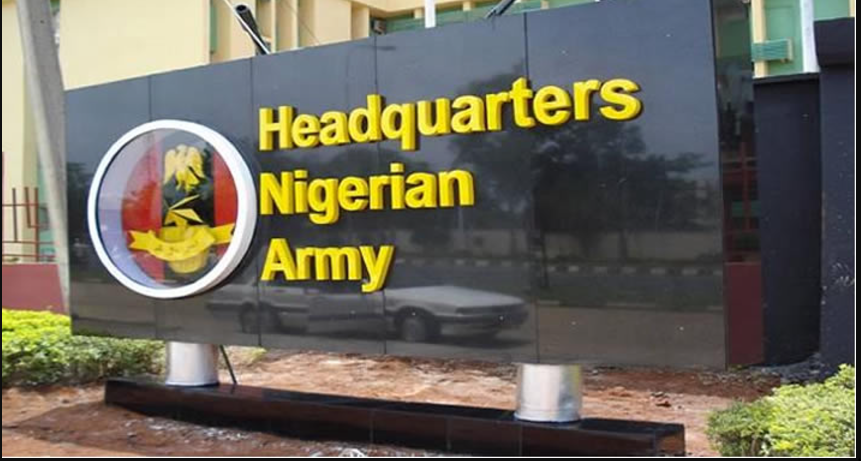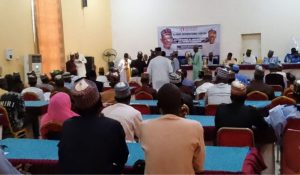
Unwarranted assault on couple by the General
The report assault on intending couple Vershima Mker and Lami Iorvihi by Major-General G.S. Mohammed and his aides in Abuja is a stark reminder of the urgent need for systemic accountability within Nigeria’s military. This alleged display of brutality, if confirmed, highlights a troubling pattern of impunity. Justice demands that those responsible face prosecution, and the victims receive adequate compensation.
Reports indicate that the incident unfolded when Mker, attempting to park his car to avoid hitting roadside traders, was suddenly confronted by Mohammed’s convoy. When Mker parked his vehicle, the general and his aides allegedly accosted the couple, forcibly removing them from their car, handcuffing them, and even placing them in the trunk of a vehicle. Such actions are not only excessive but also reflect a complete disregard for due process and human rights.
The couple’s petition alleges physical assault and unlawful detention, where they were pressured to write an apology under duress. As a result, Mker sustained an eye injury, while Iorvihi suffered a fracture. They are now seeking N150 million in compensation, in addition to the immediate dismissal of those involved in this brutal act.
This case cannot be allowed to slip into obscurity without CSR Reporters making a comment on it. While the Nigerian Army has promised an investigation, it is essential that the officers responsible for this abuse are held accountable. The military must abandon its authoritarian tactics and learn to respect the rights of civilians, especially in a democracy.
The unchecked power and cruelty exhibited by military personnel are not isolated. There have been other instances, such as the assault on an assistant director in Lagos in June, or the tragic beating and death of Gabriel Bafu in Nasarawa State in March. These are but a few examples of the military’s troubling history of overreaching its authority.
Even more concerning is the military’s interference in civil matters, undermining the democratic system that Nigeria has worked hard to establish. Whether it’s the 2005 burning of the Ojuelegba Police Division or the 2011 attack on a Badagry police station, these incidents underscore the urgent need for reform within the military.
The reality is that no individual or institution, including the military, should be above the law. It is the court’s responsibility to deliver justice, not the military. In cases of civilian violations, soldiers should hand offenders over to the police for proper legal action, rather than resorting to violence.
The need for reform goes beyond punishment; it requires a deep, systemic change in how the military engages with civilians. There must be a commitment to ensuring that officers who violate civilian rights are investigated, tried, and if found guilty, held accountable. Additionally, the military must embrace human rights and consider the broader impact of their actions on the communities they serve.
In light of these issues, it’s vital for Nigeria’s military to undergo a cultural shift. Soldiers must be reoriented to understand their role in a democratic society, where respect for the rule of law and the dignity of every citizen is paramount. Only then can we hope for a military that upholds the values of justice, respect, and accountability—values that align with both Nigeria’s democratic ideals and sustainable development goals.









